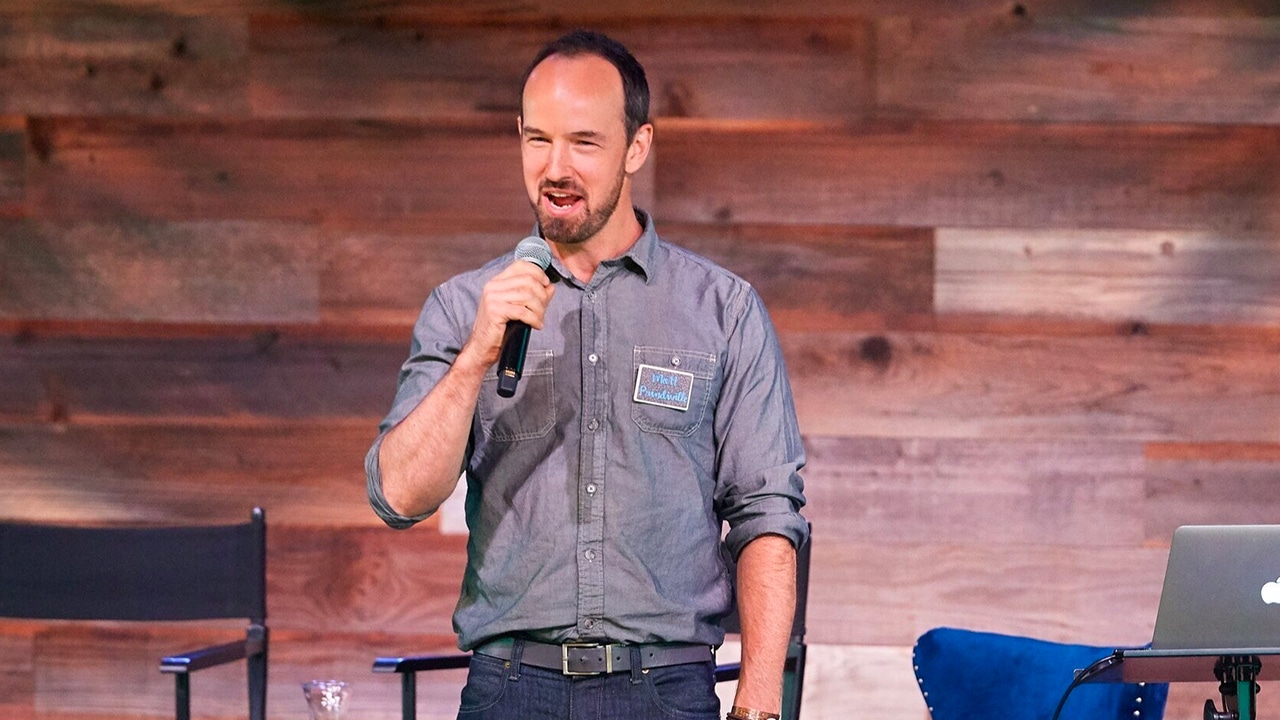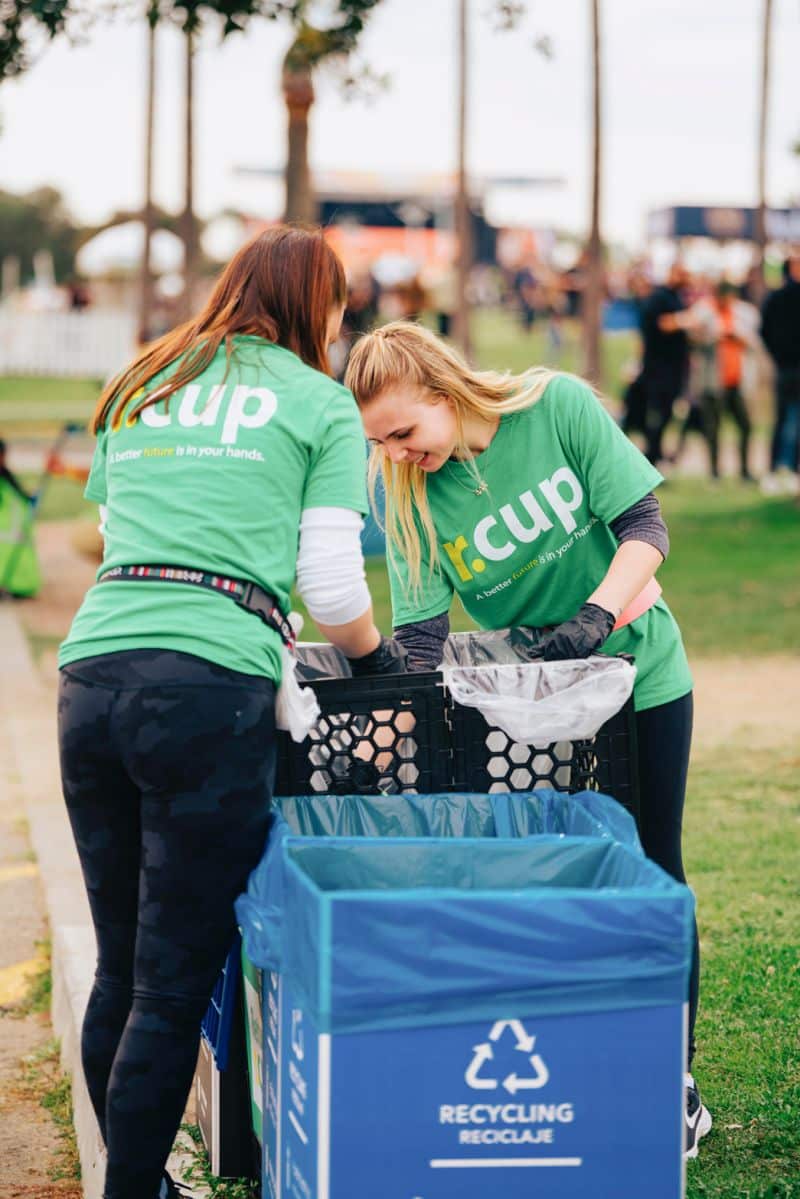This sustainability expert thinks we all need r.Cup. Here’s why.

Not many people have worked on climate solutions longer than Matt Prindiville, who’s advised everyone from the United Nations to the world’s top brands—and Matt believes reuse is key to saving the planet. He recently told Forbes that “there is no way we can hit our climate goals without reuse”.
Matt is particularly excited about r.Cup, the reusable cup for live events. We sat down with him to find out why.
What do you think makes r.Cup such a strong solution?
Matt: We’ve seen a lot of reuse companies come on the scene—and, for some of them, it’s hard to tell if they’re much more than a website, a prayer, and an idea.
What I’m impressed about with r.Cup is that they’ve got traction and they’ve got a model that works, and they’re replicating that model.
You talk a lot about the importance of a “reuse infrastructure”. What do you mean by that?
Matt: We kind of take it for granted today that you can recycle most places, right? You can recycle at home, you can recycle at the office, you can recycle at the park. We forget that it took a lot of investment and building out of the infrastructure behind the scenes to make all of that happen. Reuse is going to take that same kind of investment.
“What’s exciting about r.Cup is that they are some of the very first pioneers in building that infrastructure, working out the kinks, learning from it, and then even providing what they’ve learned as an opportunity for other companies to use their platform.”
Matt Prindiville

Is there a market for that kind of infrastructure?
Matt: We’ve seen a lot of interest from city and government officials that are tired of all the garbage and the overflowing garbage cans. We hope that in the future some of the funding that cities are putting into solid waste management and recycling will actually go to reuse.
Are there any additional advantages to reuse?
Matt: What’s cool about reuse is that it’s very locally based. You need to be able to collect, wash, sanitize, dry, and turn around those cups quickly and get it right back out there—and so you’re creating jobs in your cities and communities.
“The average stadium could eliminate 62 tons of plastic waste every year by converting to a reusable cup like r.Cup, which can be used 300 times and then recycled.”
Source: Reuse Wins at Events, co-authored by Matt Prindiville
Is there anything else that stands out about r.Cup?
Matt: What r.Cup is doing that I think is really smart is to start with the low-hanging fruit—start with the places where the people are coming together, like the concert halls and stadiums and sports venues and then use that as a platform to build the infrastructure for people having to-go coffee cups and to-go containers. I’ve since heard that vision from other entrepreneurs in the space, but I first heard it articulated by Michael Martin at r.Cup—and it’s now the model they’re replicating around the country. It’s very exciting to see.
Recently Matt hosted r.Cup founder Michael Martin and CRO Tina Swanson on the Indisposable Podcast. You can hear their conversation here.